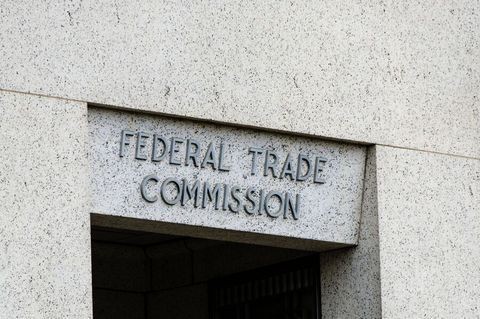FDA Tightens the Rules for Antibody (Serology) Test Manufacturers
Client Alert | 1 min read | 05.05.20
EDIT The U.S. Food and Drug Administration (FDA) walked back its policy that allowed COVID-19 antibody test kits to enter the market without agency review. In its original March 16 Final Guidance, FDA allowed commercial manufacturers to market and sell antibody test kits after internally validating their own products and notifying FDA. The Agency did not require emergency use authorization (EUA) as it did with PCR (molecular) testing, though seeking an EUA was “encouraged.”
The updated Final Guidance requires manufacturers to submit a completed EUA request within ten business days of notification to FDA that the assay has been successfully validated, or the date of publication of the guidance, whichever is later. This requirement applies even to already-marketed tests that did not previously receive EUAs. The Guidance states that if FDA becomes aware of questions or concerns about a test after notification, such as poor performance or misleading statements about the test, FDA will communicate those concerns to the manufacturer and provide the manufacturer an opportunity to address the questions or concerns. If the concerns cannot be or have not been addressed in a timely manner, and the manufacturer has already distributed the test, FDA would expect the manufacturer to suspend distribution of the test.
Appendix A to the Guidance offers a template for manufacturers’ submissions to FDA. The Appendix states that the clinical agreement data should be provided using at least 30 antibody positive samples for each immunoglobulin claimed and 75 antibody negative samples. The test should demonstrate a minimum overall 90.0% positive percent agreement and overall 95.0% negative percent agreement. In other words, tests should be able to accurately detect at least 90% of positive patients and produce false positives less than 5% of the time.
Contacts
Insights
Client Alert | 3 min read | 05.06.24
FTC Imposes $3.17 Million Civil Penalty for Violation of Prior Made in USA Order
Last week, based on a referral from the Federal Trade Commission (“FTC”), the Department of Justice (“DOJ”) filed a complaint against Williams-Sonoma alleging that the company violated a previous Federal Trade Commission decision and order dated July 13, 2020 (the “2020 Order”) pursuant to which Williams-Sonoma was prohibited from making unsubstantiated U.S. origin claims. The complaint alleged that, following entry of the 2020 Order, Williams-Sonoma made “numerous false and unsubstantiated representations that their home goods or other products are ‘Made in USA’ or otherwise of U.S. origin, when, in fact, they are wholly imported or contain significant imported components.”
Client Alert | 14 min read | 05.03.24
Client Alert | 3 min read | 05.03.24
EEOC’s New “Enforcement Guidance on Harassment in the Workplace” Hits Hot-Button Issues
Client Alert | 11 min read | 05.03.24
FDA Moves Forward on Laboratory Developed Tests while Stakeholders and Congress Weigh Next Steps




